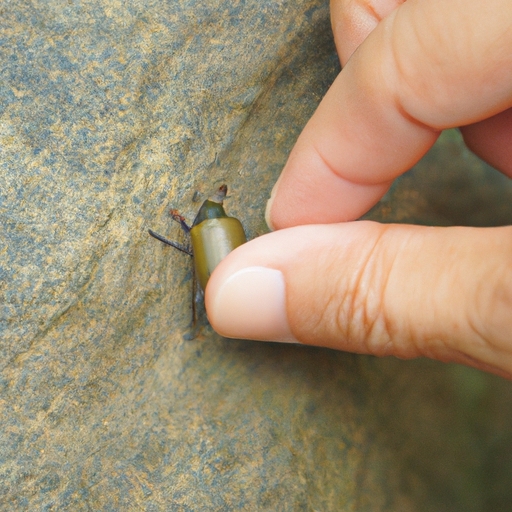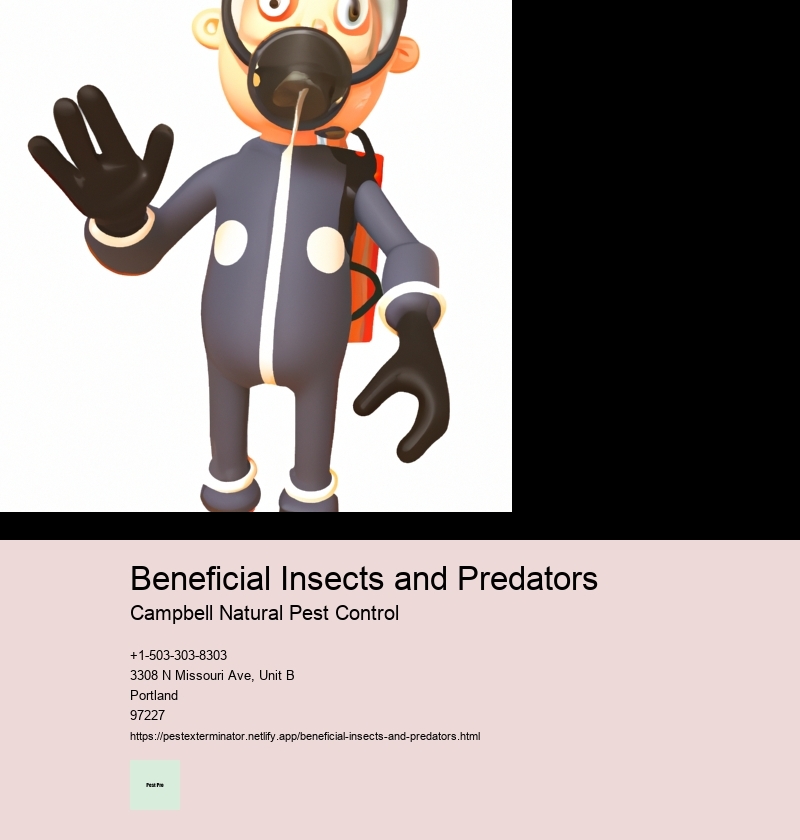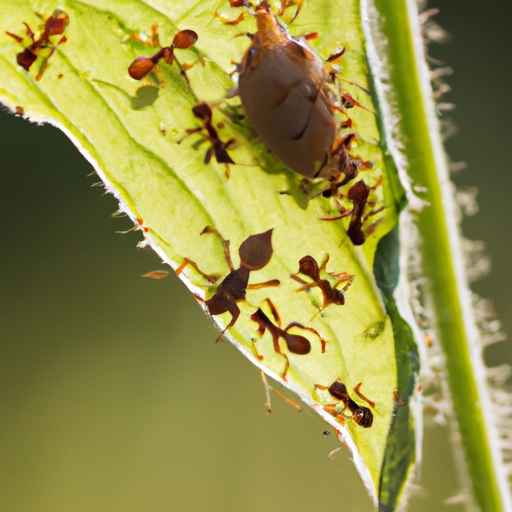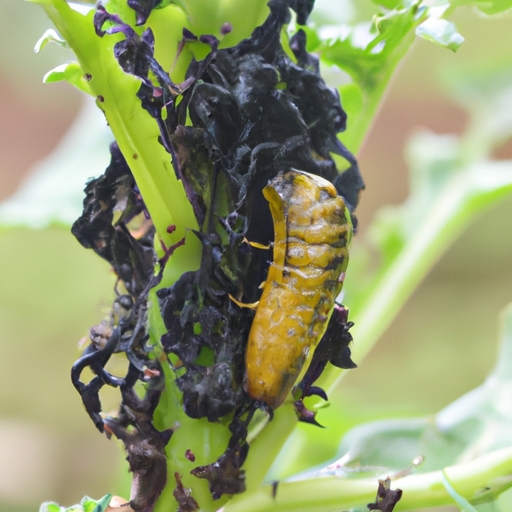Beneficial Insects and Predators
non-toxic home and garden remedies
Beneficial insects can be a gardener's best friend! They are nature's way of controlling pests and keeping garden populations in balance. Without them, gardens would suffer from an overabundance of unwanted pests, resulting in poor harvests and diseased plants. (In fact,) without the presence of beneficial insects, many crops wouldn't even exist!
However, it is important to remember that not all insects are good for your garden. Predators such as spiders or wasps can actually be harmful to your plants if left unchecked. It is therefore crucial to know which types of bugs are beneficial and which should be avoided.
The primary role of beneficial insects is pollination; they help spread pollen from one plant to another, allowing flowers and fruits to develop properly. Additionally, these critters act as natural predators to other harmful bugs like aphids or caterpillars. Some species even eat fungi or decaying matter that can cause disease in plants. non-toxic home and garden remedies By consuming this material, they reduce the risk of plant pathogens taking hold in your garden.
Not only do beneficial insects protect the health of your plants, but they also provide food for birds and other wildlife - making them an important part of any ecosystem! As a result, it is essential that we take steps to protect these valuable creatures by avoiding using chemical pesticides on our gardens whenever possible - instead opting for natural methods such as hand-picking pests or introducing their predators into the environment.
Overall, beneficial insects play a vital role in maintaining healthy ecosystems and protecting our gardens from potential destruction! With careful management and consideration towards their needs we can ensure that our gardens remain balanced and productive for years to come! So let's work together to keep these invaluable little helpers around!



